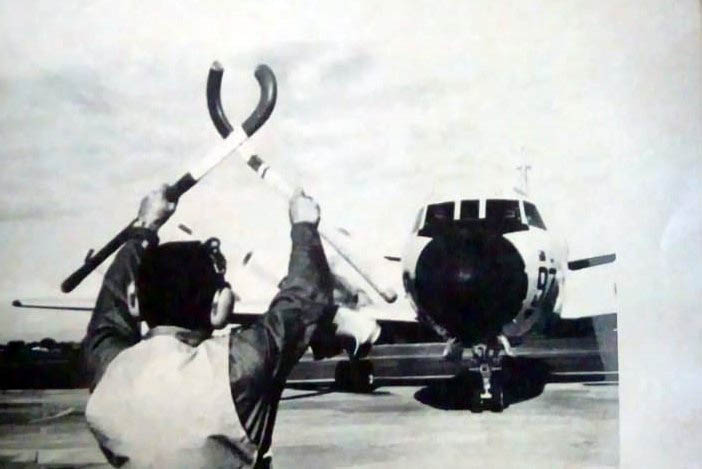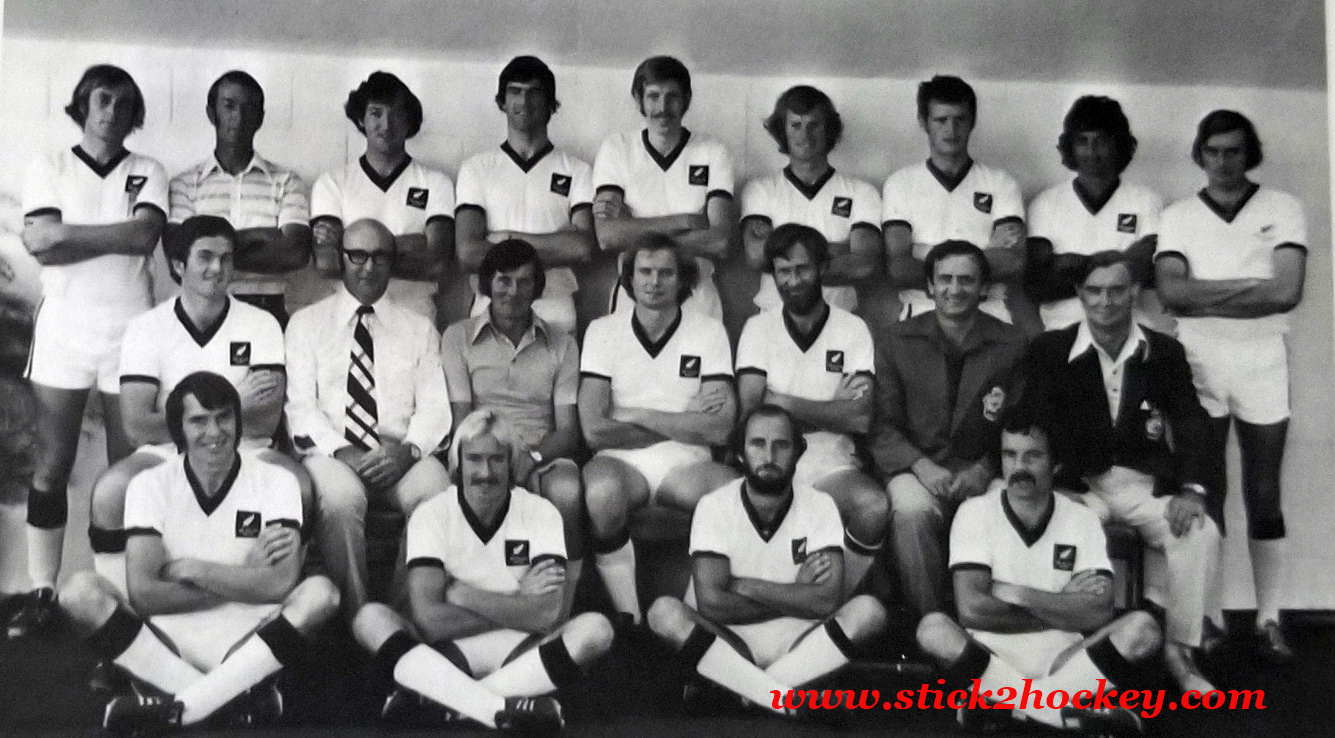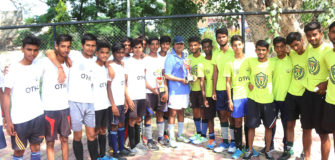Share
Montreal, Canada, July 30, 1976. A day on which an Olympic hockey final, unimaginable to most, was played.
Defending champions West Germany were nowhere in sight. Nor were India and Pakistan, the traditional powers who shared nine Olympic titles between themselves. Former World Champions and twice Olympic silver medallists The Netherlands would also not feature in the gold medal match.
Instead, Australia and New Zealand lined up at the Molson Stadium in a battle for gold. The teams from the antipodes, you could say, turned the hockey world upside down. Or was it the artificial surface, used for the first time in a major tournament, the villain of the piece?
Whatever the reason, the trans-Tasman clash was a befitting end to a tournament marked by upsets.
New Zealand stunned The Netherlands 2-1 in the semifinals. Australia disposed of hot favourites and twice gold medallists Pakistan by the same score in the other semifinal. So when the final arrived, the unexpected, one thought, was only to be expected. That turned out to be so. New Zealand made history by shocking their illustrious neighbours to win the final 1-0 and grab their first ever Olympic hockey gold.

Symbolic welcome for gold winning New Zealand team at Auckland Airport. Pic: Hockey Circle, Australia
The New Zealanders were accorded a grand welcome home. A marshal on the runway at the airport even used a couple of hockey sticks to guide the plane carrying the Kiwi contingent.
Those joyous scenes contrasted the glum silence that descended over India’s sports community days earlier.
Not only did the then seven-time champions finish without a medal for the first time since they debuted at the 1928 Amsterdam Olympics, they crashed to lowly seventh after missing the semifinals.
Worse, India were the then defending World Cup champions, having won their first title at Kuala Lumpur 1975. It was greeted with euphoria that more than matched any of their Olympic triumphs.
Hopes of adding the Olympic gold medal to the showcase soared as Ajitpal Singh’s squad left for Montreal.
Instead, after starting their campaign with a flyer – a 4-0 win over Argentina who inflicted a 2-1 defeat over India in the World Cup – the men in blue’s aspirations for gold were cruelly and dramatically dismantled in the days that followed.
The Netherlands beat India 3-1 in the next match. After that, bleary- eyed Indian fans who woke up early to catch the latest news from the Games incredulously learned of their team being at the receiving end in the match against Australia. And that by 6-1, the sort of defeat their team used to hand hapless opponents in bygone days.
Argentina provided India a whiff of oxygen by beating Australia 3-2. The result drew India into a playoff with Australia. India ran Australia close this time around but still lost — on penalty strokes after extra-time ended 1-1.
India then went down 2-3 to West Germany in the fifth-eighth classification round and ended their disastrous campaign beating Malaysia 2-0 to finish seventh.
Crestfallen the Indian sporting public may have been, but one person exuded quiet joy over the transpirations in Montreal even as he was pained as any of his compatriots.
Firebrand veteran journalist and TV personality AFS Talyarkhan, in his programme on Doordarshan, the country’s state run national broadcaster, questioned the shock attached to India’s humiliating defeats in Montreal.
He asked: “Have you and I seen the Australian and Dutch teams play?”
AFST, reminded viewers that teams abroad had improved by leaps and bounds while Indian teams, smug over their laurels, lived in the past.
He made it a point to credit Indian coaches who spread hockey’s gospel all over the world while lauding players of Indian origin who donned the colours of their adopted countries with aplomb.
And that’s when his eyes bore a glint, his face breaking into a wry smile.
He cited forward Ramesh Patel, the Kiwi icon and the first Indian to represent New Zealand, on the top podium on that day of glory in Montreal. Actually there were two – namesake Mohan, a midfielder, as well.
AFST said his cup of joy was full with the contribution of Indians to the New Zealand winning effort.
“But my cup of joy would have overflowed had (Ramesh) Patel scored in the final,” he said.
Indeed, the future CEO on New Zealand Hockey had a golden opportunity to do so but sent a penalty stroke high!
That was a blemish by a world class forward but happily, from New Zealand’s point of view, didn’t prove to be traumatic.
Captain Tony Ineson’s penalty corner goal in the 42nd minute atoned for that lapse and the Kiwis held firm against all that Australia, the legendary Ric Charlesworth and Terry Walsh in their ranks, had to throw at them as the minutes ticked away.
The Kiwi epic included a tale of incredible bravery scripted by goalkeeper Trevor Manning whose shattered kneecap and a flight home on a wheelchair bore testimony.
There was grit and gumption displayed by the Kiwis in almost every match in Montreal. They won the playoff against Spain after three periods of extra time. Ditto the semifinals against the Netherlands.
There was also resilience and a touch of fortune. Call it champions’ luck.
A 2-5 defeat to Pakistan, despite sharing honours on the run of play, all but shunted the Kiwis out of the medal race. However, Belgium shocked Spain to usher New Zealand back in — an opportunity they did not squander while entering their first ever Olympic semifinals.

1976 Montreal Olympic Hockey gold medallist team New Zealand
|
QUIRK OF FATE There was a touch of paradox to New Zealand’s epic hockey triumph at Montreal 1976. The team may not have been at the Games in the first place. The country’s national rugby union team, the All Blacks, had toured South Africa earlier in the year in defiance of the United Nations (UN) call on a sporting embargo on the African nation, practising apartheid at the time. The International Olympic Committee, however, refused to heed the UN’s call to ban New Zealand from the 1976 Games. As a result, 29 nations mainly African, boycotted the 1976 Olympics. Hockey was affected only to the extent of one nation pulling out. Kenya, a force till the 1971 World Cup, withdrew thereby reducing Pool B to five nations. |
A narrow win over Belgium 2-1 and 1-1 draws with Spain and West Germany were the other New Zealand results.
Tightly-fought encounters calling for mental and physical endurance of the highest order was the keynote of Kiwi glory in Montreal.
It made for team spirit that galvanized the team, holding them in good stead for the epic clash against Australia in the final.
And what of India, the then seven-time Olympic gold medallist?
Theories abounded about the team’s inability to adjust to AstroTurf, the new surface that began to revolutionize the game.
Rumblings of discontent and rifts in the squad also did the rounds but captain Ajitpal Singh’s description of the dysfunctional World Cup champions, even decades later, resounds. “We were a bunch of swollen heads,” he said disdainfully.
It would be unfair to label New Zealand’s triumph in Montreal a miracle. Remarkable or sensational, perhaps. But the Kiwis’ day of glory 44 years ago certainly didn’t belong to the realm of fiction.
As a matter of fact, the nucleus of the team that took the top podium in 1976 took shape eight years earlier at the 1968 Mexico City Olympics.
It was there that New Zealand handed India only their second defeat in the Games’ history, winning the opener 2-1 and becoming the first team after Pakistan (0-1, Rome 1960 final) to achieve one such.
Curiously, it was at that Olympic Games that India failed to reach the final for the first time ever after losing to Australia 1-2 in the semifinals. The team eventually settled for third place beating Germany 2-1 but the fiasco ushered in a “dark age” that in part led to the debacle in Montreal, ramifications of which are felt till this day.
New Zealand’s triumph and India’s fall from grace in a topsy-turvy tournament also ushered in a new era in which no team inordinately feared any other, at least at the top level.
Also, the dynamics generated by the artificial pitch brought in new tactics, equipment, patterns and formations of play.
The rules, inevitably, began changing even more rapidly and plastic pitches shifted the emphasis from subtle skills to power.
MEDAL WINNERS AT MONTREAL 1976
Gold: New Zealand: Paul Ackerley, Jeff Archibald, Arthur Borren, Alan Chesney, John Christensen, Greg Dayman, Tony Ineson, Barry Maister, Selwyn Maister, Trevor Manning, Alan McIntyre, Arthur Parkin, Mohan Patel, Ramesh Patel.
Silver: Australia: David Bell, Greg Browning, Ric Charlesworth, Ian Cooke, Barry Dancer, Douglas Golder, Robert Haigh, Wayne Hammond, Jim Irvine, Malcolm Poole, Robert Proctor, Graeme Reid, Ronald Riley, Trevor Smith, Terry Walsh.
Bronze: Pakistan: Rashid Abdul, Akhtar Rasool, Mahmood Arshad, Arshad Chaudhry, Khan Haneef, Islahuddin Siddique, Samiullah Khan, Manzoor Hussain, Munawwaruz Zaman, Zia Qamar, Nazim Salim, Shahnaz Sheikh, Saleem Sherwani, Iftikar Syed, Mudassar Syed, Manzoor-ul Hassan.
Also ran:
India (7th place): Ajit Pal Singh (Captain), Ashok Dewan, Ajit Singh, Bir Bahadur Chhetri, Aslam Sher Khan, Surjit Singh, Baldev Singh, Virender Singh, Mehboob Khan, Mohinder Singh, Victor John Phillips, Ashok Kumar, BP Govinda, Harcharan Singh, Vasudevan Baskaran, Chand Singh.



Nice story’ sir well done
story’ sir well done
Great
Nice
Great
Nice
Nice
Great past
Great information